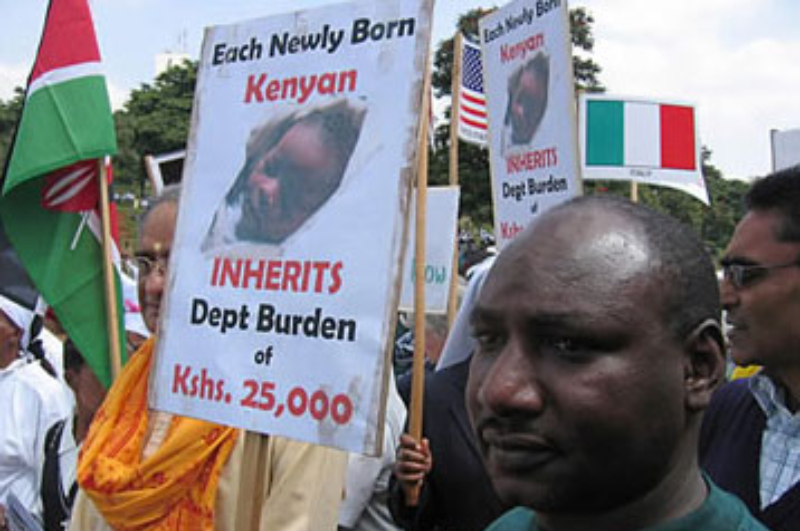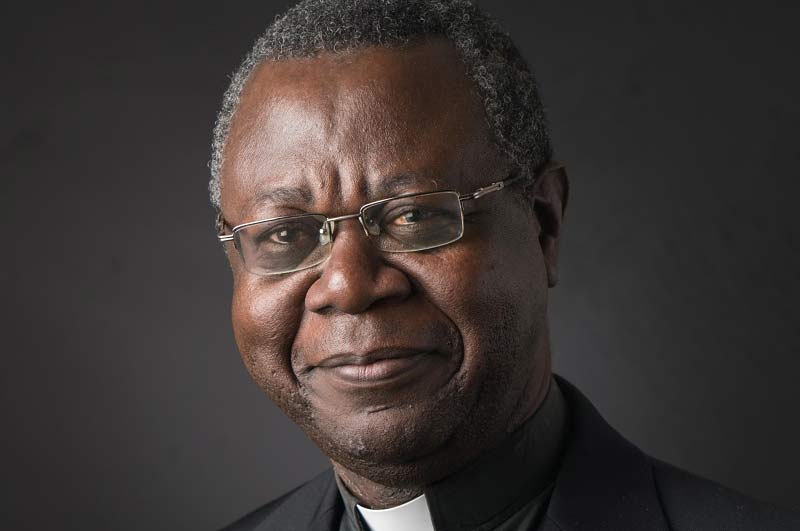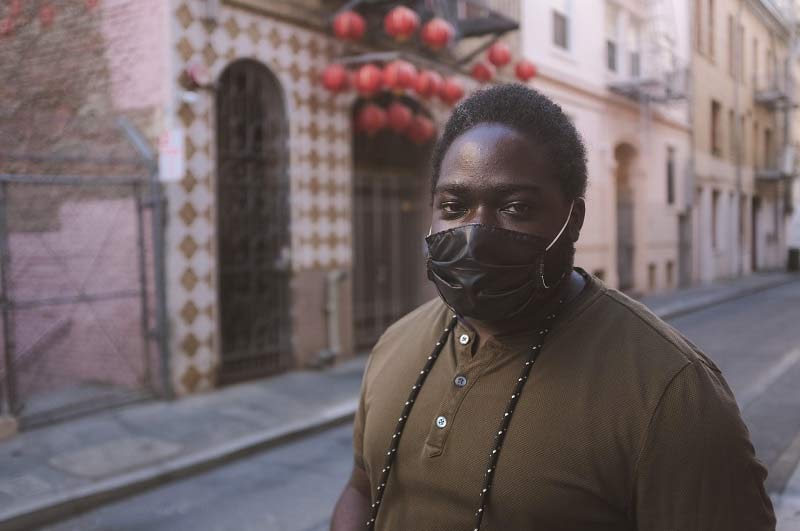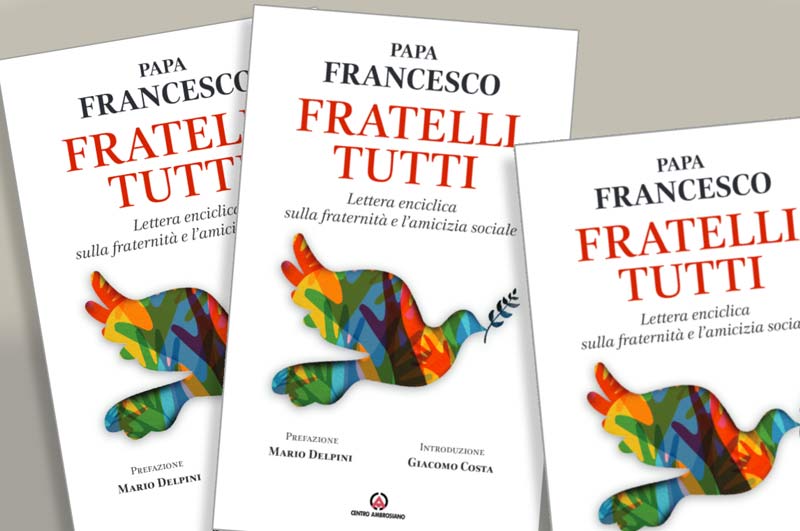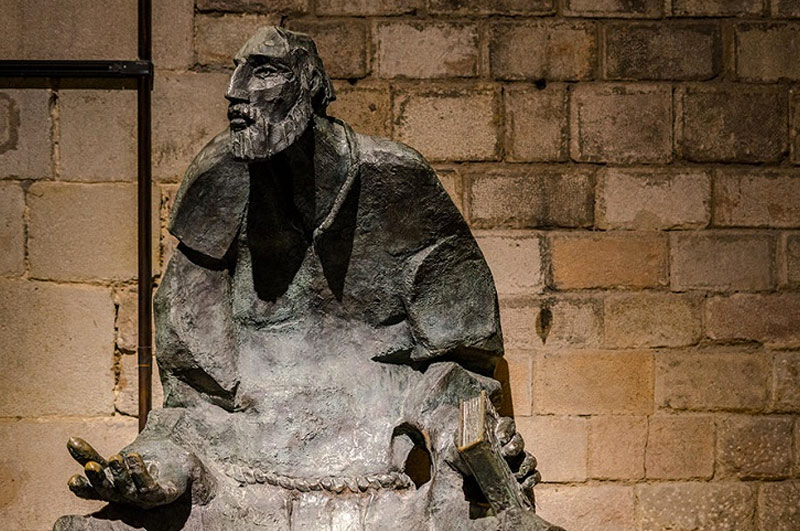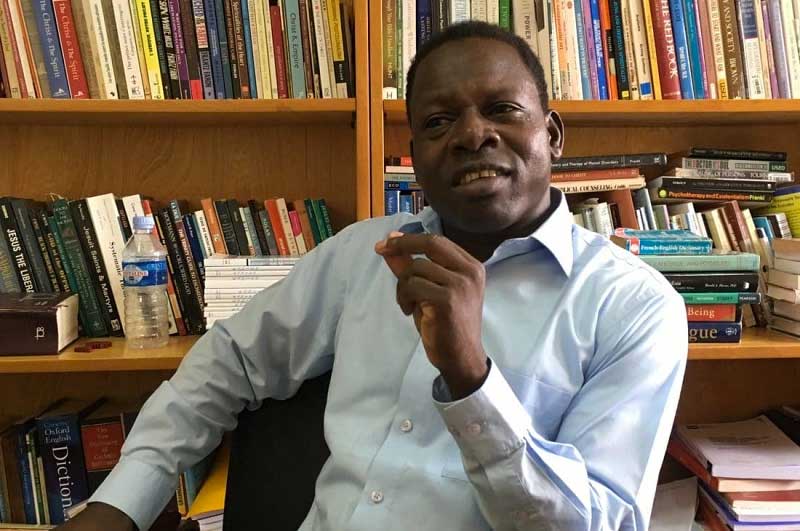


Abidjan - With 80 COVID-19 cases confirmed in Ivory Coast, a priest in the West African country has opened a call centre to offer psychological support to Ivorians weighed down by the emotional burden of the highly contagious global pandemic.
The call centre has been created “to strengthen the psychological assistance to people who feel the need to find appropriate responses to their emotional suffering and to the threats that the coronavirus poses to them,” acting director of the Theological Institute of the Society of Jesus (ITCJ), Fr. Jean Messingue has been quoted as saying.
Established in partnership with the Director of the Bouaké Psychiatric Hospital, Professor Médard Koua, the Abidjan-based call centre has received dozens of calls from people seeking psychological assistance or information related to COVID-19, the Jesuit cleric has said.
“The nature of the coronavirus, the modes of contamination and the lack of radical treatment, the measures of restriction and confinement, the images of mass deaths in hyper-specialized western hospitals are all anxiety-provoking and even traumatic factors,” the clinical psychologist has shared.
With the rapid spread of COVID-19, Professor Koua has noted, “the most frequent psychological disorders are illnesses of fear, post-traumatic stress states, obsessions, depression, the use of psychoactive substances.”
Ivory Coast recorded its first COVID-19 case on March 11, and in a span of two weeks, the number of confirmed cases have soared to at least 80, a rapid spread that has seen the country’s President, Alassane Ouattara declare, March 23, a state of emergency coupled with a curfew.
"We assess the situation and offer first aid or psychological support for mild emotional disorders. We then refer this person to a specialist if necessary,” Professor Koua has said and added, “80 percent of situations are light and transitory and, in this case, psychological support is effective and sufficient.”
According to the mental health expert, “the absence of psychological support can delay or prevent a quick recovery and a return to normal life."
The 24-hour call centre is staffed by a team of professionals from the Psychiatric Hospital of Bouaké, and a group of 25 students from the Centre for Professional Counselling and Clinical Pastoral Care (Copac), created by ITCJ.
In teams of two, the volunteers handle the incoming calls on the three telephone lines, striving to provide the necessary support to the callers while Fr. Messingue and Professor Koua coordinate and supervise the telephone interventions.
“The students have already followed the course of certification in initiation in the art of professional counseling,” Fr. Messingue has said and added, “a preparatory phase on psychosocial crisis intervention has been carried out and each student takes an oral test.”
Fr. Messingue said that the psychological support services offered at the center are free of charge, with Copac and the Psychiatric Hospital of Bouaké incurring the financial expenses of the project.
However, the Ivorian cleric considers the non-toll-free telephone lines a challenge saying, “unfortunately, those who call us must have enough call credit to hold an interview of 30 minutes on average, and we have called those who do not, but we will not be able to do so for many of them for several weeks."
Since its inception, the call centre has attracted various volunteer psychologists who are yet to be recruited. “We will contact them if we need them,” Fr. Messingue said referencing volunteer psychologists.
Republished from ACI AfricaRelated Articles
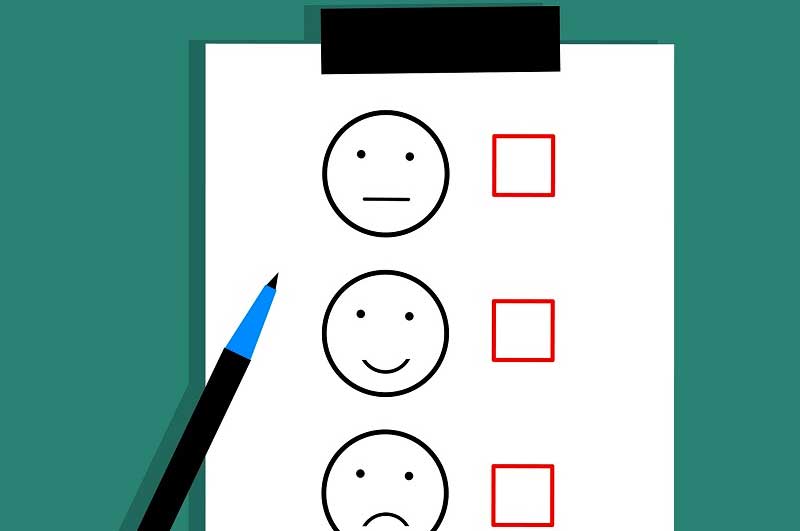
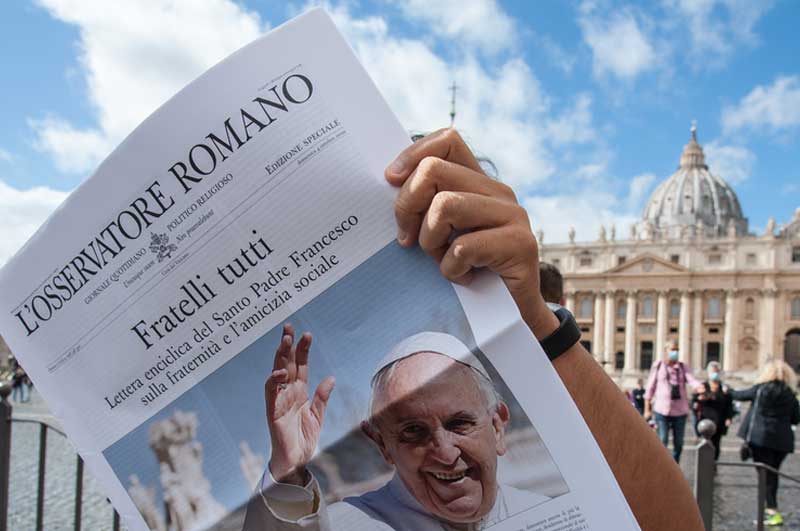
Select Payment Method
Pay by bank transfer
If you wish to make a donation by direct bank transfer please contact Fr Paul Hamill SJ treasurer@jesuits.africa. Fr Paul will get in touch with you about the best method of transfer for you and share account details with you. Donations can be one-off gifts or of any frequency; for example, you might wish to become a regular monthly donor of small amounts; that sort of reliable income can allow for very welcome forward planning in the development of the Society’s works in Africa and Madagascar.
Often it is easier to send a donation to an office within your own country and Fr Paul can advise on how that might be done. In some countries this kind of giving can also be recognised for tax relief and the necessary receipts will be issued.


